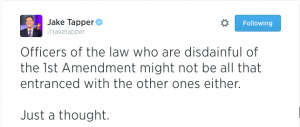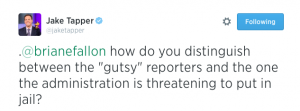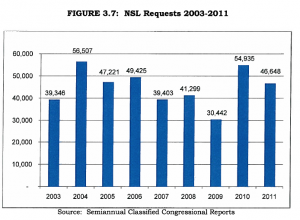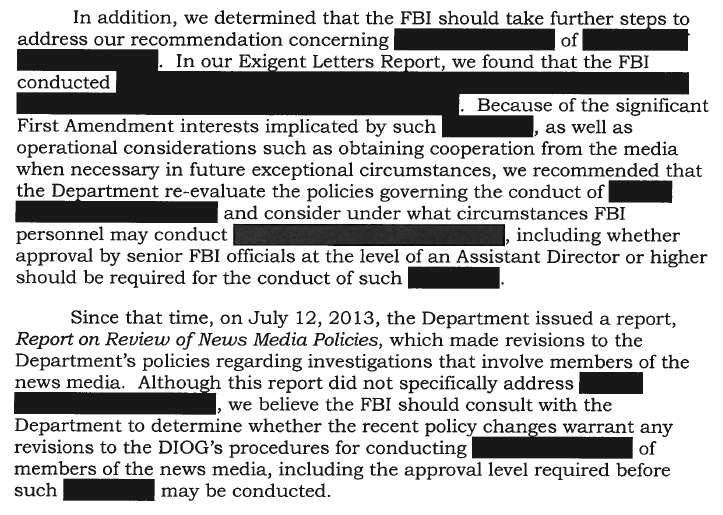UNCAT Process Exposes Flaw in US Torture Coverup: DOJ Not Final Authority
A combination of factors is forcing the issue of US torture back into the international spotlight and there are even hints that progress on some fronts is occurring. Consider, for instance, James Risen’s report this morning that the American Pyschological Association, greatly embarrassed by the revelations in Risen’s just-published book, has re-opened an investigation into the role the association played in giving cover to pyschologists who lent their credentials to the torture program in an effort to pronounce it medically ethical. We also have gotten the first official hint from Mark Udall himself that he has not ruled out using the Senate’s speech and debate clause to enter the Senate Intelligence Committtee’s report on torture into the record (the way that Mike Gravel disclosed the Pentagon Papers), bypassing the two year old debate about redactions.
We should pay special attention, though, to word filtering out of Geneva as the United Nations Committee Against Torture reviews the report submitted by the US. As a signatory to the Convention Against Torture, the US is required to make periodic reports to the committee. The process, however, is exceedingly slow. The current report from the US (pdf) is finally getting around to answering questions submitted to the US in 2006 and 2010. A New York Times story from Charlie Savage shows that the committee has been paying close attention both to what the US is saying and to what the US is doing. Consider this blockbuster:
Alessio Bruni of Italy, a member of the United Nations committee, pressed the delegation to explain Appendix M of the manual, which contains special procedures for separating captives in order to prevent them from communicating. The appendix says that prisoners shall receive at least four hours of sleep a day — an amount Mr. Bruni said would be sleep deprivation over prolonged periods and unrelated to preventing communication.
Brig. Gen. Richard C. Gross, the top legal adviser to the Joint Chiefs of Staff, said that reading the appendix as intended to permit sleep deprivation was a misinterpretation. Four hours is “a minimum standard; it’s not the maximum they can get,” he said, adding that the rule had to be read in the context of the rest of the manual, including a requirement for medical and legal monitoring of treatment “to ensure it is humane, legal and so forth.”
Mr. Bruni was not persuaded. He said that calling the provision a minimum standard still meant four hours a night for long periods was “permissible.” He suggested that Appendix M “be simply deleted.”
This exchange counts as a huge victory for the community of activists who have fought hard to abolish all forms of torture by the US. When it comes to the Appendix M battle, though, perhaps nobody has been more determined to expose the torture still embedded in Appendix M practices than Jeff Kaye, and he is to be congratulated for the support he provided in getting this question to the forefront.
The most important part of the proceedings, though, pertains to the questions about US investigation of torture since it now openly admits torture took place. Returning to Savage’s report:
A provision of the treaty, the Convention Against Torture, requires parties to investigate and provide accountability for past instances of torture. The American delegation said that the United States had investigated the C.I.A. program, and that the coming publication of a Senate Intelligence Committee report would add to the public record.
/snip/
The American officials pointed to a criminal investigation by John H. Durham, an assistant United States attorney in Connecticut, whom Michael B. Mukasey, then attorney general, appointed in 2008 to look at whether the C.I.A. had broken the law by destroying videotapes of its interrogations of Qaeda suspects.
In 2009, Attorney General Eric H. Holder Jr. expanded Mr. Durham’s mandate to look at C.I.A. torture that went beyond what the Justice Department had said was legal. Mr. Durham eventually closed the investigation without indicting anyone.
Another member of the United Nations panel, Jens Modvig of Denmark, pressed for details. He asked if Mr. Durham’s team had interviewed any current or former detainees.
It is clear from Modvig’s question that he feels the US investigation fell short of what is required. To get a good feel for that, we can look to this terrific “shadow report” (pdf) to the UNCAT prepared by “Advocates for US Torture Prosecutions” at Harvard Law School.
The report does an excellent job of framing the questions at hand, beginning with the observation that “The U.S. Government’s criminal program of torture was authorized at the highest levels” (fitting nicely with Marcy’s post earlier today about it being authorized by the President). But when we get to inadequacy of Durham’s investigation, we see this (footnotes removed): Read more →





